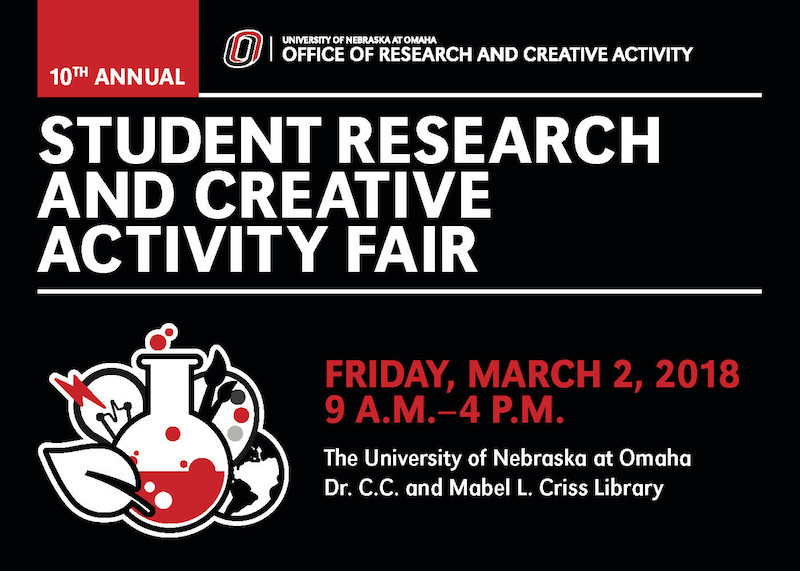
Skeletal Muscle Mitophagy in Response to Exercise and Cold Exposure
Advisor Information
Dr. Dustin Slivka
Location
Dr. C.C. and Mabel L. Criss Library
Presentation Type
Poster
Start Date
2-3-2018 9:00 AM
End Date
2-3-2018 10:15 AM
Abstract
SKELETAL MUSCLE MITOPHAGY IN RESPONSE TO EXERCISE AND COLD EXPOSURE
Megan Vande Hei, Robert Shute, Dustin Slivka
University of Nebraska at Omaha, School of Health and Kinesiology, Omaha, NE
BACKGROUND: The contractile activity of exercise training stimulates muscle tissue remodeling and mitochondrial turnover, which includes both biogenesis and removal of damaged mitochondria (also known as mitophagy). Several genes are responsible for inducing mitophagy, including PINK1, PARK2, and BNIP3, which signal to autophagosomes for degradation. It has been established that training during cold exposure alters the transcription of genes associated with mitochondrial growth and division. However, it is currently unknown whether temperature intervention during exercise influences the mRNA expression of genes associated with mitophagy, which is essential to maintaining the quality of this organelle. PURPOSE: To determine the expression of PINK1, PARK2, and BNIP2 mRNA following exercise in a cold environmental temperature with recovery at room temperature compared to exercise and recovery at room temperature. METHODS: Twelve recreationally trained males (age 19-45) will be recruited for the study. Participants will cycle at 65% Wpeak for an hour in two conditions in a randomized counterbalanced order, -6 ⁰C and 20 ⁰C. A muscle biopsy will be taken from the vastus lateralis before exercise as well as 3-h and 6-h post-exercise for gene expression analysis.
Skeletal Muscle Mitophagy in Response to Exercise and Cold Exposure
Dr. C.C. and Mabel L. Criss Library
SKELETAL MUSCLE MITOPHAGY IN RESPONSE TO EXERCISE AND COLD EXPOSURE
Megan Vande Hei, Robert Shute, Dustin Slivka
University of Nebraska at Omaha, School of Health and Kinesiology, Omaha, NE
BACKGROUND: The contractile activity of exercise training stimulates muscle tissue remodeling and mitochondrial turnover, which includes both biogenesis and removal of damaged mitochondria (also known as mitophagy). Several genes are responsible for inducing mitophagy, including PINK1, PARK2, and BNIP3, which signal to autophagosomes for degradation. It has been established that training during cold exposure alters the transcription of genes associated with mitochondrial growth and division. However, it is currently unknown whether temperature intervention during exercise influences the mRNA expression of genes associated with mitophagy, which is essential to maintaining the quality of this organelle. PURPOSE: To determine the expression of PINK1, PARK2, and BNIP2 mRNA following exercise in a cold environmental temperature with recovery at room temperature compared to exercise and recovery at room temperature. METHODS: Twelve recreationally trained males (age 19-45) will be recruited for the study. Participants will cycle at 65% Wpeak for an hour in two conditions in a randomized counterbalanced order, -6 ⁰C and 20 ⁰C. A muscle biopsy will be taken from the vastus lateralis before exercise as well as 3-h and 6-h post-exercise for gene expression analysis.
